How do I know if I have a concussion?
Among the most frequently occurring types of injuries are concussions. Due to the fact that concussions are relatively commonplace, you need to have an essential understanding of this type of injury. You also need to understand what you need to do medically if you believe you or someone else has suffered a concussion. If a concussion occurs and is the result of conduct caused by someone else, an understanding of your legal rights is imperative.
Definition of a Concussion
A concussion is defined as a type of traumatic brain injury or TBI, according to the U.S. Centers for Disease Control and Prevention. A concussion typically is caused by a jolt, blow, strike, or bump to a person’s head. In the alternative, a concussion can occur when a person experienced a hit, bump, or strike to the body that results in a rapid back and forth movement of the head.
Common Causes of Concussions
There are a number of causes of concussions that more frequently occur. These most commonplace causes of concussions oftentimes are classified into a pair of broad categories. There are concussions causes during sporting or recreational activities and non-sports-related concussions.
Within these broad categories, the types of specific occurrences that result in concussions are:
- Some type of direct force to a person’s head
- Turning or twisting the head rapidly
- Brain striking the interior of the skull during acceleration and deceleration
Signs and Symptoms of a Concussion
Identifying the possibility that an individual has experienced a concussion comes in two forms. First, there are signs that a person potentially sustained a concussion observed by someone else. Second, there are symptoms reported by an individual who may have suffered a concussion.
The most commonplace signs noted by another individual that a person sustained a concussion include:
- Subject appears stunned or dazed
- Individual cannot recall events in close time proximity to a hit, fall, or similar incidents
- Subject appears confused
- Subject cannot readily follow instructions
- Individual moves in a clumsy manner
- Person responds to questions in a notably slow manner
- Subject shows behavioral, personality, or mood changes
- Individual loses consciousness, even for a brief period of time
The most frequently report symptoms reported by an individual who ends up being diagnosed with a concussion include:
- Headache
- Feeling of pressure in the head
- Nausea
- Vomiting
- Dizziness
- Blurred or double vision
- Balance issues
- Light sensitivity
- Noise sensitivity
- Foggy feeing
- Feeling sluggish
- Confusion
- Memory issues
- Concentration issues
- Feeling “off”
Establishing Negligence when an Accident Appears to Have Caused Concussion
As mentioned previously, situations exist when a concussion or another type of traumatic brain injury occurs because of the negligence of someone else, by the negligence of another party. There are four elements associated with pursuing a claim for compensation for injuries and losses associated with a concussion that resulted from someone else’s alleged conduct.
First, in order for another party to be held responsible for injuries, damages, and losses sustained by the victim of a concussion, the other party must have had what is known as a legal duty of care. In other words, the party that caused the incident that resulted in a concussion needs to have an existing duty to exercise reasonable case in a specific situation. Second, a claim for negligence necessitates that this duty of care has been breached of broken by that individual.
Third, that breach of the duty to exercise reasonable care needs to be the cause of the accident that resulted in an individual sustaining a concussion. Finally, the person alleged to have been injured must suffer actual injuries, damages, or losses. In this situation, that person must be diagnosed as having sustained some type of concussion.
An example can better illustrate what needs to be present in order to pursue a claim for loses arising from an incident or accident that is said to have caused a person to suffer a concussion.
In this scenario, presume that you lawfully are walking in a crosswalk. You have the green light. A motorist drives through the intersection you occupy, against the right light and without legal right or way.
The motorist had a legal duty to exercise reasonable care while driving a car. The driver violated that duty of care by driving through the intersection against the red light.
In the end, the motorist hits you with his or her car. You sustain injuries, that include an concussion, as a direct result of being struck by the motor vehicle.
Your Legal Rights After an Accident that Results in a Concussion
If you have been involved in some type of accident caused by the negligence of another party, you are wise to be as proactive as possible when it comes to protecting your vital legal rights. If you have been diagnosed as having suffered some type of concussion as a result of someone else’s negligence, you typically are well served to seek an initial consultation with an experienced attorney. Contact the winning attorneys at McGehee, Chang, Landgraf & Feiler for a free consultation.
The bottom line is that a skilled, seasoned lawyer is in the best position to provide you with a thorough case evaluation. Legal counsel can advise as to whether or not your particular situation warrants pursuing a claim for compensation for injuries, losses, and damages associated with an accident that results in a concussion. As a matter of practice, a personal injury lawyer or traumatic brain injury attorney charges no fee for an initial consultation with a prospective client.
